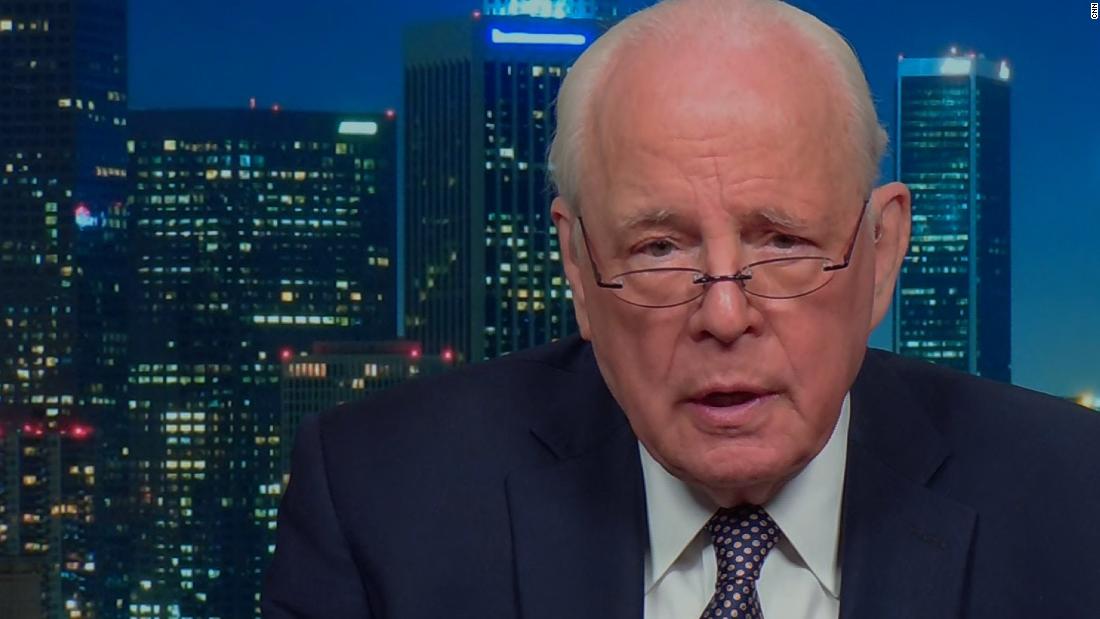[ad_1]
Nigeria’s former Attorney-General, Mohammed Bello Adoke, has departed the United Arab Emirates for Nigeria, PREMIUM TIMES can report, after he was freed by the Interpol outpost in Dubai, the United Arab Emirates.
Mr Adoke left Dubai on Emirates Airlines Flight 785 which departed the Emirati commercial capital at 11:00 a.m. Dubai time (8: 00 a.m Nigerian time) and was estimated to arrive Abuja at 3:40 p.m. local time, according to sources familiar with his itinerary.
The departure capped a five-week ordeal of Mr Adoke in Emirati detention. He was arrested by Interpol on November 11 after arriving in the UAE for medical check-up and summarily taken into custody.
His arrest followed an Interpol red alert which the Nigerian government had issued against him as part of the ongoing litigation over the controversial Malabu Oil deal.
But the UAE authorities freed him after Nigeria failed to provide legal basis and other requisite bilateral supports to justify his continued detention.
The arrest warrant upon which Mr Adoke was arrested had long being nullified by the same judge that issued it. But the Nigerian government failed to update Interpol appropriately.
‘Embarrassing mission’
PREMIUM TIMES learnt that during the five weeks that Mr Adoke was held, the Nigerian government failed to file necessary legal documents that would either allow the UAE to extradite him to Nigeria or keep him in their custody.
The failure was a major letdown for UAE authorities because Nigeria had promised Interpol of a robust action towards Mr Adoke’s extradition if arrested, an official familiar with the matter said.
“Nigeria had committed that it would seek his extradition in conformity with international law applicable in bilateral and multilateral treaties,” the official said under anonymity because he had no permission to comment on the controversy.
“But because his warrant had been quashed, Nigeria was unable to make a legitimate request for his extradition. Our government simply played politics with the matter rather than behave as a responsible member of the international community.
“They (UAE) expected Nigeria to act, but Nigeria failed to act and they were embarrassed,” the source added.
Another source with details of Mr Adoke’s detention said the senior Nigerian lawyer wrote to the police in Dubai on December 11, asking them to free him since Nigeria had failed to act and that he was heading to Nigeria on his own, anyway.
“He said he was on his way to Nigeria when he was intercepted in the UAE as he tried to go for his final medical check-up,” a source said, citing his conversation with Mr Adoke. “He said what had kept him in exile was his book and since his book was released in September, he felt he could come back to Nigeria.”
Mr Malami could not be reached for comments Thursday morning. But the attorney-general had insisted that he would not act on Mr Adoke’s matter because there was no formal communication from the UAE authorities on his arrest. The police in Dubai did not return an email seeking comment about Mr Adoke’s detention.
Controversial deal
Mr Adoke, attorney-general from April 2010 to May 2015, left Nigeria after the Goodluck Jonathan government stepped down. He left the country for a graduate study at a university in The Netherlands.
He however did not return home after his study. He alleged a conspiracy by the current administration to persecute him.
Mr Adoke was the attorney-general when $1.1 billion was paid by Shell and Agip-Eni to purchase Nigeria’s OPL 245, a lucrative oil field off the country’s southern coast.
Dan Etete, a former petroleum minister during Sani Abacha regime, who was convicted for money laundering in France in 2007, received a large chunk of the payment.
But the Economic and Financial Crimes Commission alleged that some individuals and officials of the Goodluck Jonathan government received kickbacks.
Messrs Adoke, Jonathan and others named in the scandal all strongly denied receiving bribes from anyone or committing any wrongdoing.
In 2017, Mr Adoke’s successor, Abubakar Malami, told President Muhammadu Buhari he could not find evidence of wrongdoing against Mr Adoke, advising the president to authorise the dropping of all pending charges against him.
A Nigerian court also ruled that Mr Adoke could not be punished or prosecuted for official actions he took while in office based on presidential directives.
Authorities in Nigeria, Italy, United Kingdom and the United States have conducted several investigations into the contoversial transaction. While Shell and Agip continue to deny any wrongdoing, both oil giants are currently standing trial in Italy over the matter.
The EFCC dismissed Mr Malami’s position and continued efforts to bring Mr Adoke back to Nigeria to face charges. In April 2019, the anti-graft agency secured a court warrant for Mr Adoke’s arrest.
Based on the warrant, the Nigerian government in August 2019 secured an Interpol red notice asking Mr Adoke to be taken into custody if sighted in any jurisdiction.
But in October, the warrant was nullified by the same judge that issued it, giving Mr Adoke renewed confidence to continue to sojourn in foreign lands.
Unknown to Mr Adoke, the Nigerian government did not withdraw the red notice issued against him after the warrant was quashed.
Once he stepped into the UAE on November 11, he was arrested by Interpol and handed over to the country’s authorities who then illegally held him for five weeks.
[ad_2]
Source link




Connect with us on our socials: